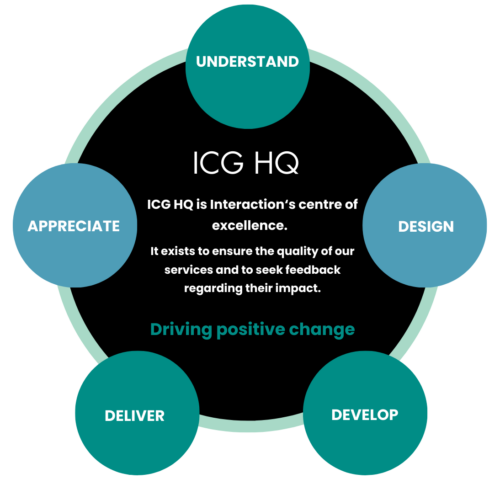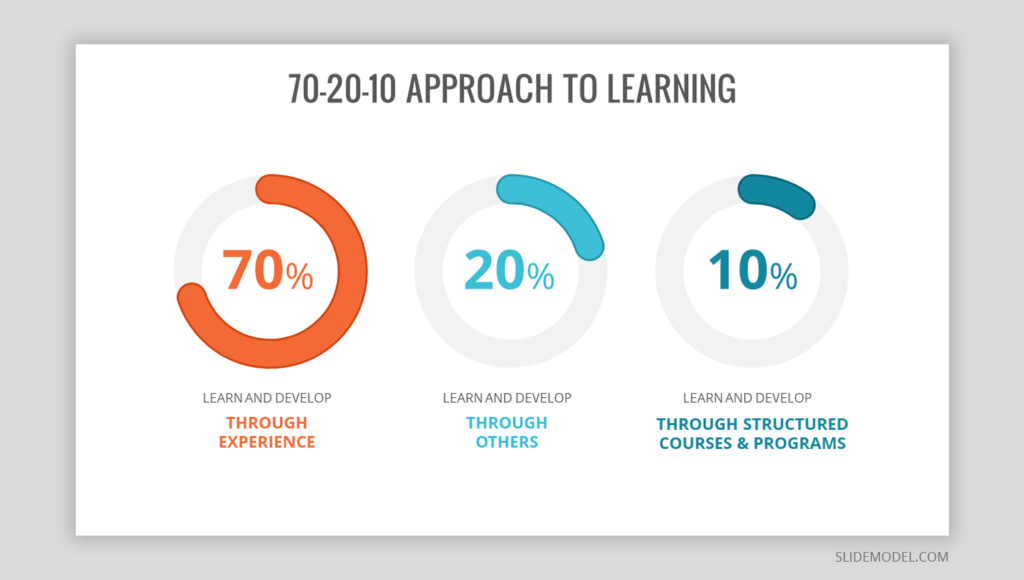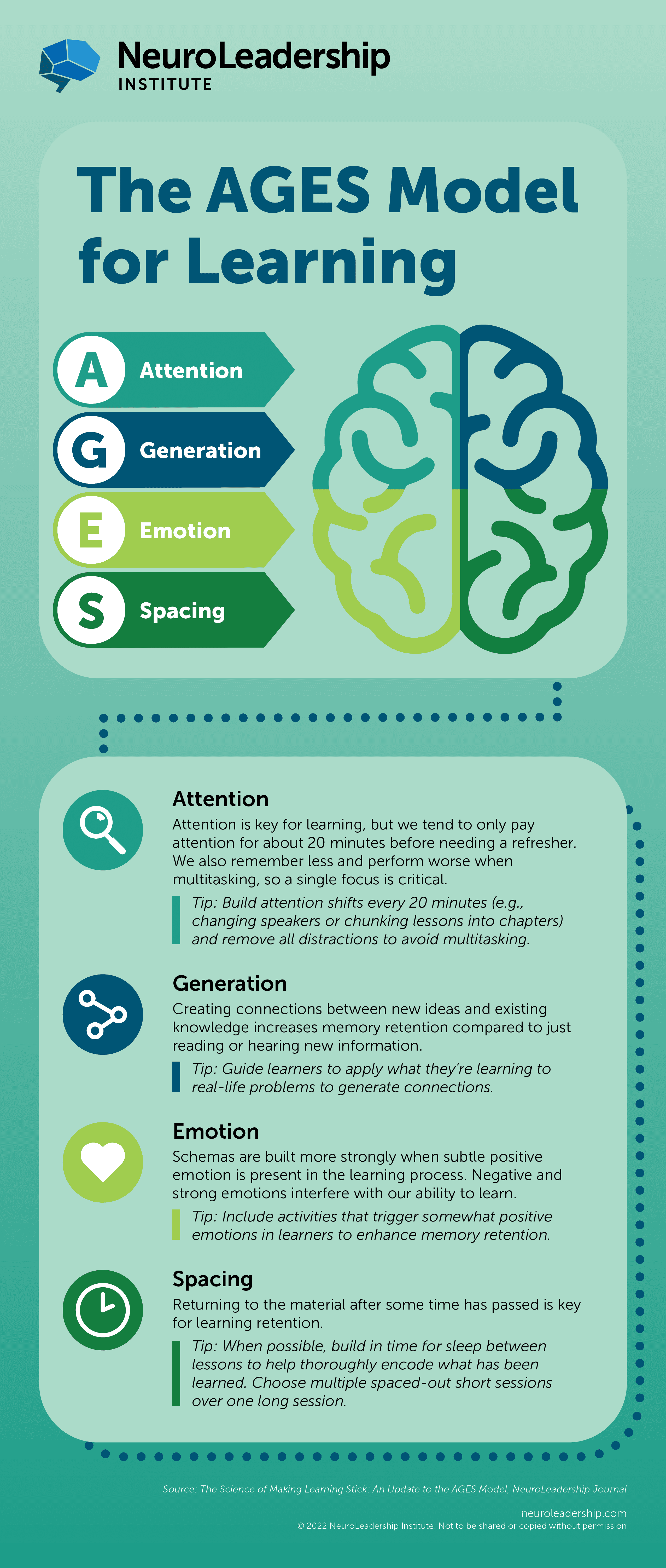Our process and design approach
Our process approach

Understand
We connect with you to listen, ask questions, clarify and understand what success means to you. We confirm scope and discuss risk, expectations and agree an engagement and project management approach.
We take time to thoroughly understand the needs that drive success in your organisation.
Design
We design a tailored solution to meet your individual needs. We consider your context and only apply solutions that will be impactful and guarantee a return on your investment. We think deeply about the participant experience and how our intervention can make a positive difference.
We mix things up with workshops, seminars, case studies, guest speakers, role play, one-on-one coaching, fun experiential learning, and multiple resources to keep it fresh and engaging. We ensure that our content is evidence-based and guided by the most contemporary neuroscientific and psychological theories. We will also ensure that you have all of the resources that are required to support effective delivery.
We can provide you with guidance regarding participant selection and cohort composition. You can choose based on need, capability gaps, performance, potential, and how well they align with the organisation's goals and values. We encourage you to embrace diversity and inclusion, making sure that everyone gets a seat at the table and is able to share their unique perspectives and experiences.
Develop
We develop quality materials that are grounded in contemporary neuroscientific and psychological theory. We take our participants on an exploratory journey of professional and personal growth and we include stimulating, fun and engaging activities. All of our electronic materials are quality assured and tested for accuracy and impact.

Appreciate
We meet with you to discuss participant feedback and to understand and appreciate your experience working with us. We reflect on all feedback constructively, with a continuous service improvement mindset.
Regular check-ins, feedback sessions and surveys allow us to assess how everyone is progressing and ensure the program's success.
Deliver
Our facilitators and coaches meet the needs of the people in front of them. We are experts at managing groups, regardless of the size and we provide psychologically safe and constructive environments. We deliver in person, virtually or a combination of both.
We adopt a structured yet relaxed approach to the delivery of our programs; responding to and adapting to the needs of the participants in the room. We can deliver anywhere, anytime! You are only limited by your imagination and what you think will work well for your team. Our facilitators are focused on creating a safe environment where everyone feels comfortable to learn and grow and our ICG HQ support you with expert project management and administration support.
Our design approach
Interaction consultants are flexible, knowledgeable and experienced in working with clients to develop bespoke, innovative solutions. We work, not just to get the job done, but to ensure that you receive a tailored solution that is both highly contemporary and readily implementable. In designing the solution for you, we will be guided by the principles below.
User-centred design: Core to our approach will be the focus on user-centred design principles and methods. Our consultants are experienced with the application of the following methods.
- Stanford’s Five Stage Model (empathise, problem definition, ideate, prototype and test) and Experience Mapping
- Stanford’s ‘Collective Impact’ approach and Social Leadership principles
- small group problem exploration techniques such as Action Learning and Appreciative Enquiry
- agile methodologies including co-design sprints
- simple techniques such as ‘reframing’ assist groups to break though logic barriers and foster new mindsets and perspectives for how they work together.
Created in partnership: Interaction’s mission is to understand our clients and help shape their futures by providing the right services at the right time. We work in partnership with you, building a collaborative relationship, to ensure that we successfully achieve your desired objectives.
Mutual understanding of success: We will work closely with you to develop a shared understanding of success. We will communicate regularly and professionally with you to ensure you are aware of progress and themes arising.
Aligned and contexualised: Ideally, all interventions should align with the strategic priorities and desired culture of the department. This approach guarantees optimal return on investment. We will use your departmental resources such as your Strategic Plan, Recruitment Strategy, People Plan and Capability Framework to guide us in this area.
A contemporary, evidence-based strategy: Our approaches and recommendations will be aligned with contemporary global thought leadership, neuroscience and peer-reviewed theory. Our recommended interventions will seek to 'transform' the learning participant in regards to addressing the behaviours, mindsets and self-limiting beliefs that interrupt personal and professional growth. In addition, we will seek to identify opportunities for interventions that embed learning into real work and real time. We will respectfully meet your people where they are and seek to understand the identified barriers to learning. The strategy will enable the department to embed and promote its desired culture of self-driven, life-long learning. This in turn will result in the department being identified as an 'employer of choice' with the ability to attract and retain the people and capability to support the department to achieve its strategic objectives.
We are also guided by the APS Learning Quality Framework, the 70:20:10 adult learning model and the AGES learning model.
What is the APS Learning Quality Framework
The APS Learning Quality Framework is a principle-based model for assessing, building and distributing appropriate learning initiatives. The four standards of the Framework, described through their actions and outcomes, provide all contributors to capability development across the APS with a consistent approach to high-quality learning design.
The detail of how to analyse the quality of learning experiences is outlined in the Design Standard Guidelines. More information is available here.

What is the 70-20-10 approach to learning?
The 70-20-10 approach to learning is a widely recognised model that emphasises the importance of experiential learning, social interactions, and formal education in personal and professional development. According to this model, 70% of learning occurs through hands-on experiences and challenging tasks, allowing individuals to apply their skills in real-world situations. Another 20% of learning comes from social interactions, such as coaching, mentoring, and collaboration with peers, where individuals gain insights and feedback from others. The remaining 10% is derived from formal education, including courses, seminars, and structured training programs. This balanced approach encourages continuous learning by integrating knowledge acquisition with practical application and interpersonal development.

What is the AGES model for learning?
The AGES neuroscience approach to learning is a framework that focuses on four key principles—Attention, Generation, Emotion, and Spacing—to enhance the effectiveness of learning and memory retention. Attention emphasises the need for focused engagement with the material, as distraction can impede learning. Generation involves actively creating connections between new information and existing knowledge, facilitating deeper understanding. Emotion highlights the role of emotional engagement in making learning experiences more memorable and impactful. Finally, Spacing refers to the distribution of learning over time, which has been shown to improve long-term retention. By incorporating these principles, the AGES model leverages insights from neuroscience to optimise learning processes and outcomes.
